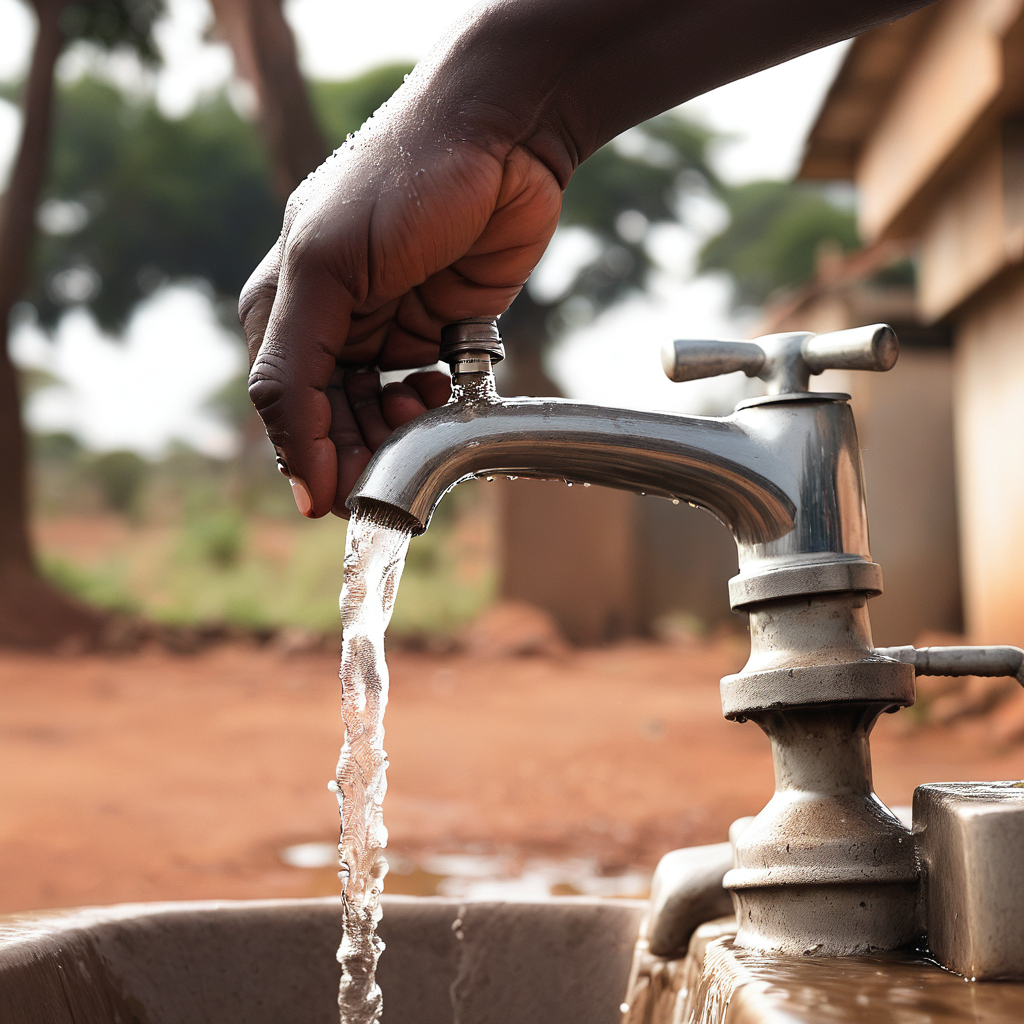City of Tshwane and DWS Partner to Tackle Water and Sanitation Challenges
This partnership aims to leverage the department’s technical and financial resources to address issues like the Hennops River pollution, Rooiwal Wastewater Treatment Works, and inadequate human resources.

- Country:
- South Africa
The City of Tshwane has initiated formal partnerships to address the city’s water and sanitation challenges, with the National Department of Water and Sanitation (DWS) as a key collaborator. This partnership aims to leverage the department’s technical and financial resources to address issues like the Hennops River pollution, Rooiwal Wastewater Treatment Works, and inadequate human resources.
The City of Tshwane and the DWS have signed a Memorandum of Understanding (MoU) to collaborate on infrastructure planning and development, water resource planning and infrastructure solutions, and capacity building for municipal officials. The agreement was signed by Tshwane City Manager Johann Mettler and Deputy Director-General for Water and Sanitation Services Dr. Risimati Mathye at Tshwane House.
Key Initiatives and Programs
Engineering Candidacy Development Programme:
Discussions are advanced to finalize a flagship engineering candidacy development programme.
Candidate engineers will be seconded to the City of Tshwane, with professional engineers contracted for three years.
The DWS will offer free mentorship through its database of mentors to help candidate engineers obtain professional registration with the Engineering Council of South Africa (ECSA).
This programme will aid the city in complying with new ECSA Identification of Engineering Work Regulations.
Collaboration Highlights:
Water Resource Planning and Infrastructure Solutions: Aligning with the city’s Climate Action Plan.
Infrastructure Planning and Development: Strategic planning to improve water and sanitation infrastructure.
Training and Capacity Building: Secondment of staff and mentorship programmes.
Public Education and Awareness Campaigns: Increasing awareness about water conservation and sanitation.
Knowledge Sharing and Benchmarking: Implementing programmes like Green Drop, Blue Drop, and No Drop.
Joint Enforcement for Pollution Prevention: Collaborating on water pollution prevention initiatives.
Exploration of Alternative Technologies: Investigating new water and sanitation technologies with DWS and its entities.
Key Bulk Infrastructure Development: Coordinating with the Metropolitan Spatial Development Framework and Regionalised Spatial Development Framework.
Commitment to Sustainable Development
Dr. Mathye emphasized the importance of collaboration to address major water challenges, particularly due to ageing infrastructure and maintenance issues at water treatment plants. He highlighted the city’s proactive approach in partnering with the DWS to ensure efficient services and meet Sustainable Development Goal 6—clean water and sanitation.
The MoU supports the Intergovernmental Relations Act, Act No. 13 of 2005, which promotes integrated actions across government spheres to provide services, alleviate poverty, and develop society. This partnership underscores the commitment to improving water and sanitation services for the residents of Tshwane through collaborative and sustainable efforts.










